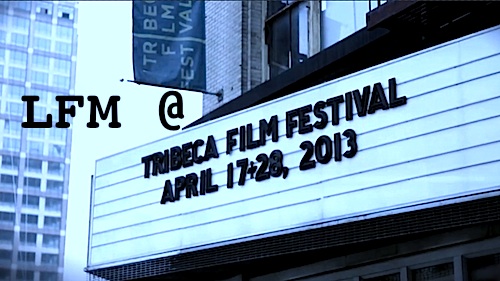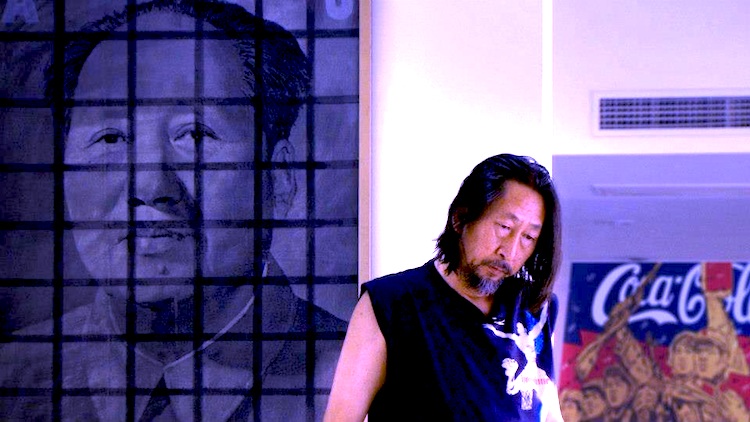By Joe Bendel. Clint Eastwood often argues that jazz and westerns are America’s two great indigenous art forms. Inadvertently, he thereby makes a strong case that he is one of America’s most preeminent artists. Tribute was paid to the actor-director-composer at the 2013 Tribeca Film Festival over the weekend with the world premiere of film critic and biographer Richard Schickel’s Eastwood Directs: The Untold Story, followed by a special Tribeca Talks interview with Eastwood conducted by Darren Aronofsky (see a clip above).
Eastwood Directs will be included in Warner Brothers’ upcoming Clint Eastwood 40-Film Collection on DVD and the similarly titled 20-Film Collection on Blu-ray. It will also air on TCM. As one might expect, it combines talking head interviews with brief film snippets from Warner’s Eastwood library – and it is hard to begrudge the film’s hagiographic treatment of an icon like Eastwood. Clearly he is a serious figure if he attracts commentary from the likes of Martin Scorsese, Steven Spielberg, Brian Grazer, and Meryl Streep. It is also especially nice to see Gene Hackman reminiscing about the film Unforgiven. Someone like Eastwood ought to find a part interesting enough to get Hackman back in the game.
Directs largely focuses on Eastwood’s special talent for directing his fellow actors, giving considerable attention to his big Oscar winners, for obvious reasons. There are some nice stories and testimonials, especially from Streep, his co-star in Bridges of Madison County. While Schickel does not spend much time on Bird, he still covers Eastwood’s longstanding passion and support for jazz in reasonable detail. Though not exactly a jazz film per se, Play Misty for Me gets its due, even though it is not a Warner property (the picture of Eastwood with Erroll Garner is a nice touch).
In fact, Misty provided one of the more telling anecdotes during Eastwood’s post-screening conversation with Aronofsky. When asked about technology, Eastwood (who still prefers film but is resigned to digital’s inevitability) spoke of his brief use of “instant replay” capabilities on his directorial debut, but quickly banished it from the set when he saw the cast and crew obsessing over it.
 In Eastwood Directs, Scorsese identifies Eastwood as the living link between old school Hollywood and the modern age. It is easy to see what he’s getting at. Unfortunately, Aronofsky’s skills as an interviewer did not match the insights of Shickel’s interview subjects. However, Eastwood did his best to fit anecdotes to the broad, open-ended questions and generally just offered up his gravelly-voiced Zen master-blues piano player persona to the appreciative audience.
In Eastwood Directs, Scorsese identifies Eastwood as the living link between old school Hollywood and the modern age. It is easy to see what he’s getting at. Unfortunately, Aronofsky’s skills as an interviewer did not match the insights of Shickel’s interview subjects. However, Eastwood did his best to fit anecdotes to the broad, open-ended questions and generally just offered up his gravelly-voiced Zen master-blues piano player persona to the appreciative audience.
There is something truly American about self-reinvention – and again, this is something Eastwood exemplifies. From Rawhide through the Leone westerns and critically underappreciated Dirty Harry films to his Cannes and Oscar celebrated films as a director, Eastwood has charted an independent course, while remaining within the studio system and maintaining his popular appeal. Recommended for his fans, Eastwood Directs will be included on Warner Brothers’ collections releasing June 3 and will run on TCM May 30th. The Eastwood interview is also available for streaming for those unable to attend the 2013 Tribeca Film Festival in-person.
LFM GRADE: B
Posted on April 29th, 2013 at 3:20pm.
